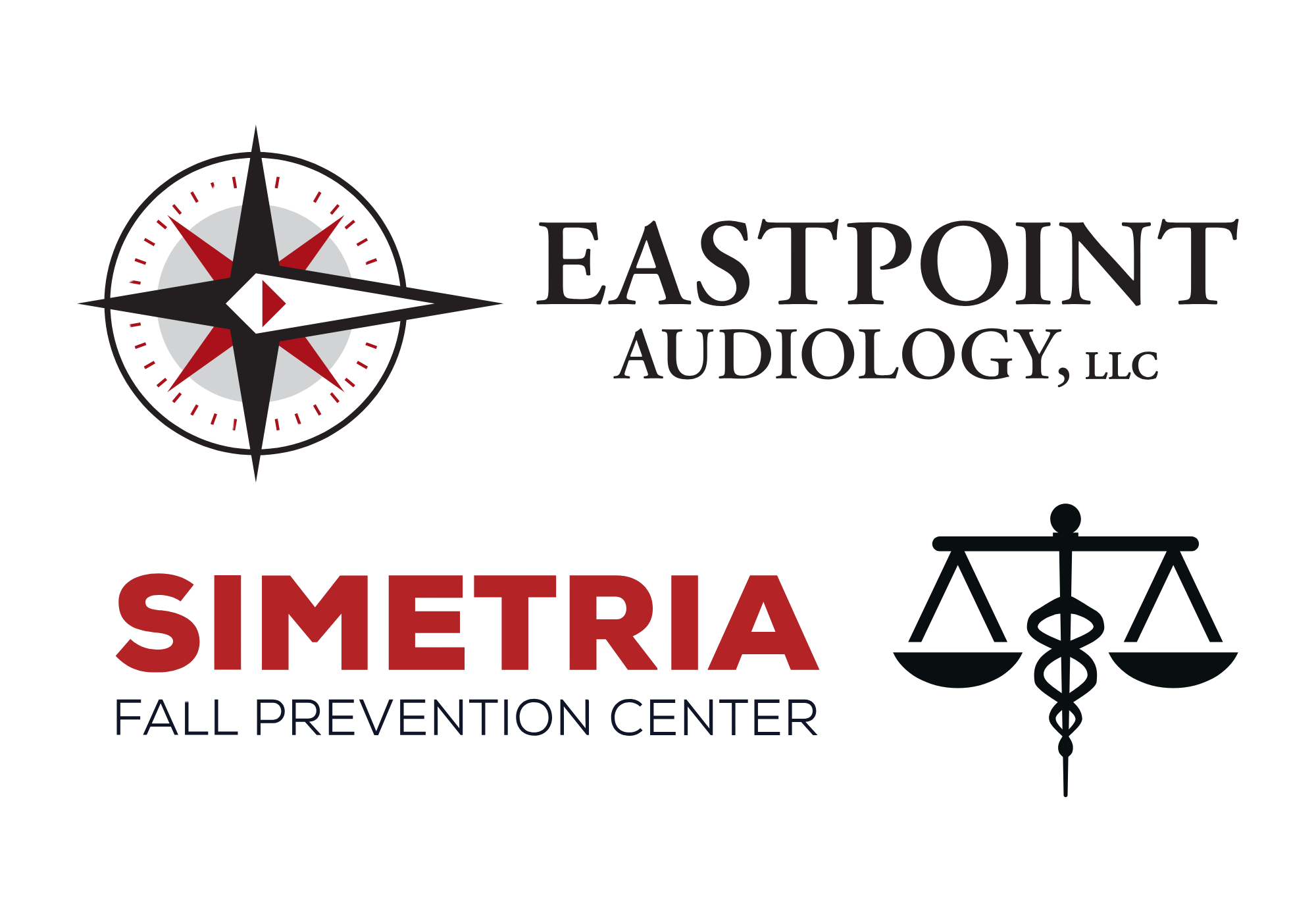Winter is a wonderful season filled with frosty air, holiday merriment, and comfy indoor gatherings. Your ears and hearing, however, can face some real challenges during the nippy winter months. When it’s cold, safeguarding your hearing is essential, whether you’re out in the bitter cold wind or dealing with the challenges of protecting your health from illness.
Winter comes with increased challenges for individuals who use hearing aids, but you can keep your hearing aids in good working order by using a few protective measures.
Hearing and hearing aids can be negatively impacted by cold weather
There are a few ways that your ears and hearing aids can be affected by winter’s cold conditions. You will be better able to protect your hearing health against the impact of cold weather if you have a clear picture of the risks.
Greater risk of ear infections
Winter weather frequently leads to ear infections because of temperature fluctuations and increased exposure to inside germs. When your ears are exposed to cold air, any moisture inside can quickly cool and produce an environment conducive to infection. The risk of respiratory illnesses is also increased by spending more time inside, heightening exposure to germs, bacteria, and viruses.
Hearing aid risks when it’s cold
You’re more likely to experience wet weather conditions in the winter which can expose your hearing aids to potentially damaging moisture. Snow, rain, and even condensation from cold air can cause malfunctions or damage. Without appropriate care, moisture can jeopardize the delicate electronics in hearing aids, decreasing their lifespan or functionality.
Dry air and ear canal aggravation
Winter air tends to be dry, both outside and indoors as a result of heating systems. During the cold months, the skin of your ear canal can dry out causing itching, flaking, and overall discomfort.
Protect your hearing this winter with these tips
Fortunately, a few basic strategies can help decrease the impact of winter on your ears and hearing aids. You will keep your hearing aids in peak condition and you will be more comfortable by making these practices habit.
Keep your hearing aids safe and dry
In order to preserve your auditory stimulation, it’s important that you wear your hearing aids daily, even if it’s snowing or raining.
Here are some key ways to safeguard them:
- Rapid temperature changes can cause condensation to accumulate so avoid them whenever possible.
- Remove moisture accumulation by keeping your hearing aids in a dehumidifying container overnight.
- Think about using a protective cover or sleeve for your hearing aids to shield them from snow and wind.
Remain social and active
Though it may be tempting to stay inside and secluded during the cold months, your hearing health depends on you remaining involved socially. Your brain’s auditory processing will remain sharp and active by engaging in conversation and going to social events. Even basic activities like meeting friends for coffee or watching a movie can boost cognitive function and hearing retention.
Maintain good ear hygiene
Maintaining clean and dry ears is essential during winter.
Here are a number of key tips:
- Utilize a soft cloth and warm water to clean around the ear opening if necessary.
- Avoid using cotton swabs, which can push wax deeper into the ear canal and raise the risk of injury.
- Gently dry your ears with a towel after being exposed to moisture.
Protect your ears by controlling your winter illnesses
Since colds and flu are prevalent during the winter, take extra precautions to avoid infections that can impact your ears:
- Keep hydrated and practice a healthy diet to support your immune system.
- Wash your hands regularly to reduce exposure to germs.
- If necessary, wear a mask in crowded places and consider getting a flu vaccine.
For advice personalized to your needs, contact us
Reach out to us for a consultation if you’ve noticed any issues with your hearing aids, ear discomfort, or frequent ear infections. We can assess your concerns, provide personalized solutions, and ensure your devices are ready for winter. Regular check-ups help catch minor issues before they escalate, keeping you prepared for the season’s difficulties.
Schedule an appointment for an evaluation today.

